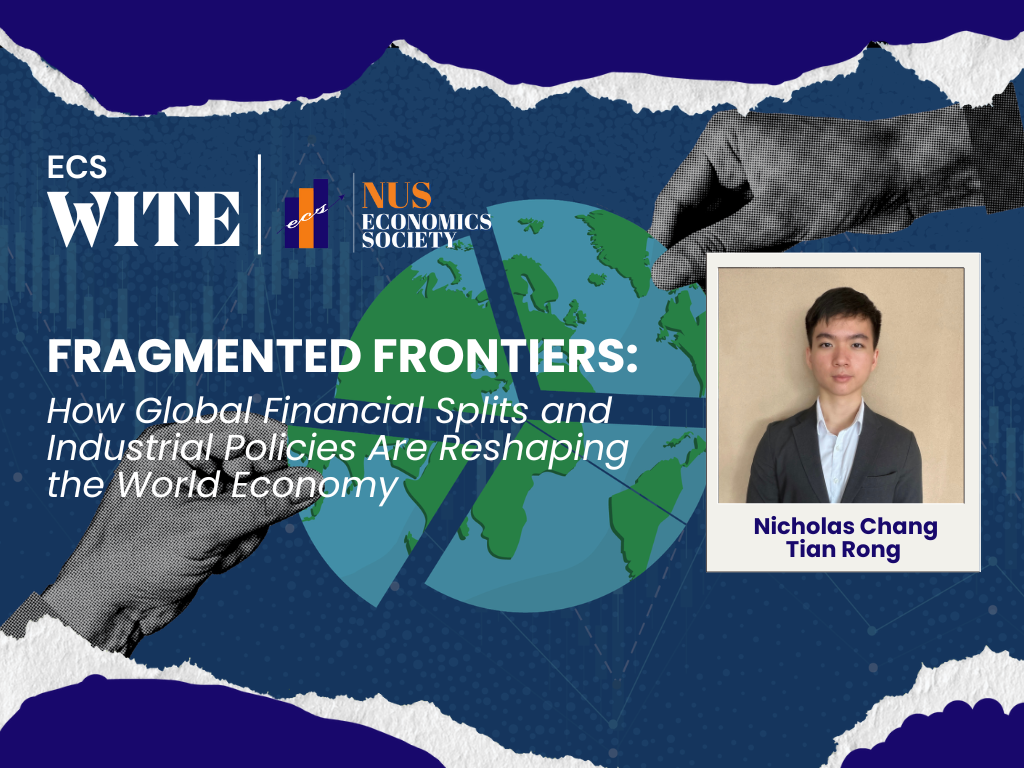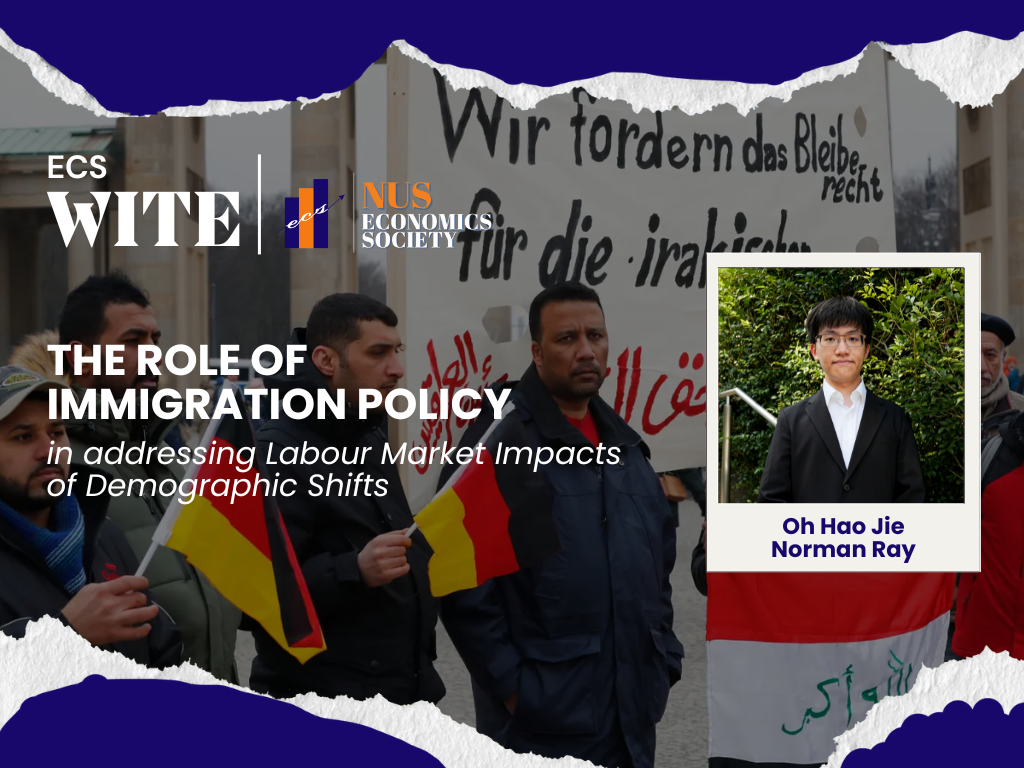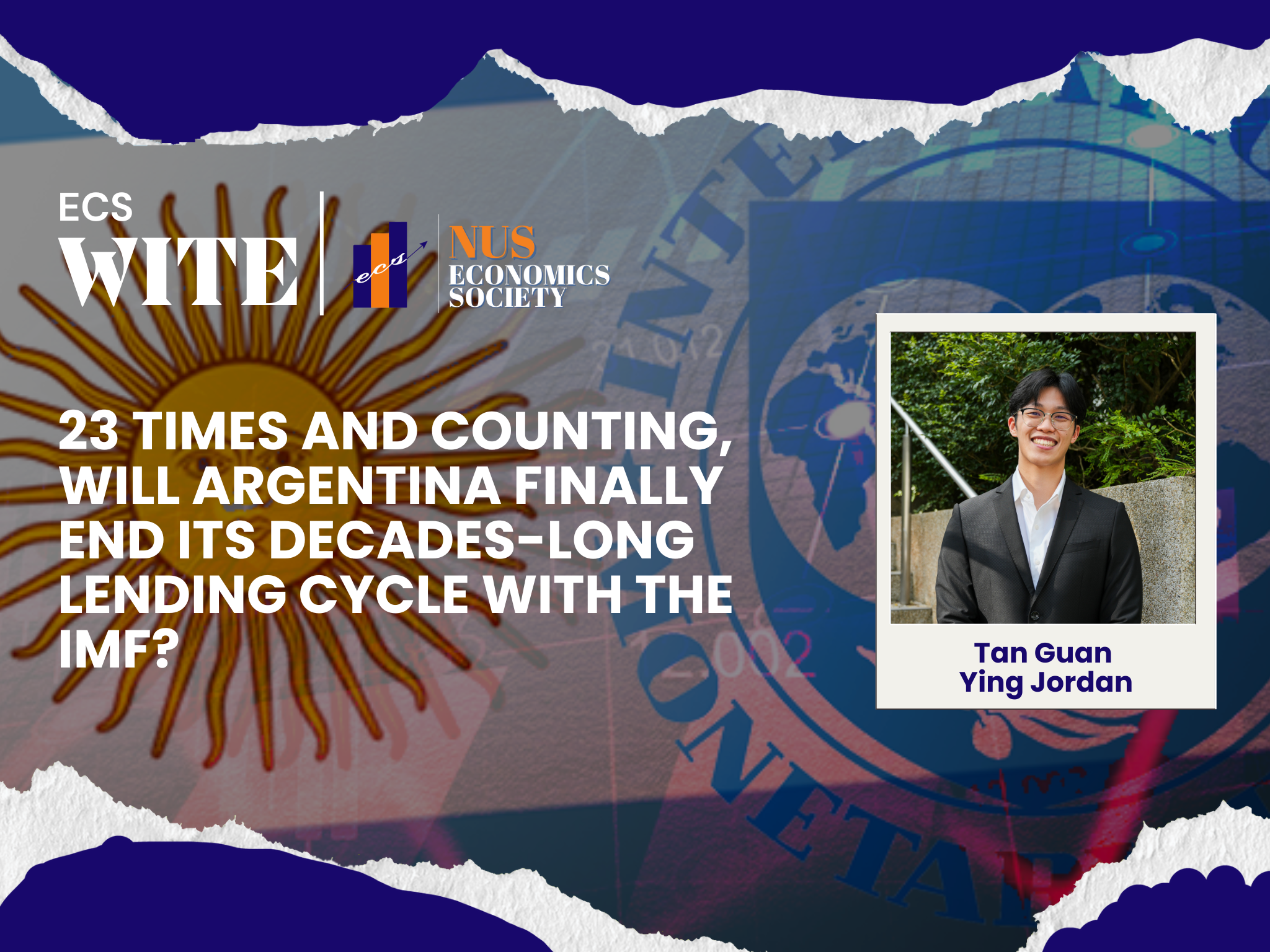When Cash Isn’t King - Can Bitcoin Serve the Corporate Treasury?
This paper examines whether Bitcoin can legitimately serve as a corporate reserve asset, evaluating its viability through established economic theories.
The analysis reaches a balanced conclusion: Bitcoin is not a substitute for operational liquidity due to its volatility, which undermines precautionary and transactional motives. However, when financed externally via hybrid instruments (e.g., convertibles or preferreds) that lower the cost of capital and segregated as a strategic sleeve, targeted allocations can enhance treasury efficiency, particularly for firms with perpetual horizons, robust capital access, earnings volatility tolerance, and strong governance.
Read More
Counter-Cyclical Games: Strategic Interactions and Global Spillovers
This paper explores how game theory can illuminate the challenges central banks face in counter-cyclical policy amidst global interconnectedness. In our analysis of the impact of foreign monetary actions on domestic inflation and economic growth, we account for strategic interactions between countries by constructing a simultaneous-move Nash game between two central banks, embedding an open-economy IS curve and a Phillips curve. We demonstrate the importance of accurate estimates of foreign spillover effects, and how it makes or breaks central bank policy effectiveness in a globalized economy.
Read More
Fragmented Frontiers: How Global Financial Splits and Industrial Policies Are Reshaping the World Economy
This paper analyses how the revival of industrial policy in the United States and European Union, together with growing financial fragmentation, is reshaping global trade, capital flows, and financial stability. It argues that these shifts reflect a structural move away from efficiency- driven globalisation toward resilience-focused economic governance. While such policies may strengthen domestic production capacity and strategic autonomy, they also distort investment incentives, deepen fiscal asymmetries, and fragment global value chains. The paper concludes that without coordinated multilateral frameworks, these trends risk undermining long-term global efficiency, productivity growth, and financial stability.
Read More
The Role of Immigration Policy in addressing Labour Market Impacts of Demographic Shifts
This paper investigates how immigration policies in Germany and Japan tackle labour market challenges arising from ageing populations and declining fertility rates. The comparative study demonstrates that immigration’s ability to mitigate labour shortages in such economies is constrained by inflow volume, skill selectivity and post-arrival labour market institutions that govern job matching and mobility. It further highlights how low retention rates and public sentiment create additional barriers to relief.
Read More
When Central Banks speak, do all banks listen? An analysis of Market Structure and Policy Transmission in Southeast Asia
When central banks around the world raise interest rates, banks are supposed to follow suit by raising their lending rates and tightening credit conditions. However, what happens when banks operate in completely different competitive environments? This fundamental question lies at the heart of monetary policy effectiveness and remains one that is surprisingly underexplored in emerging markets, where banking structures vary dramatically. This paper seeks to compare three of the most emerging markets in Southeast Asia – Indonesia, Thailand and Vietnam.
Read More
How does Hermès use scarcity-based pricing as a signaling mechanism? And how can game theory explain the sustainability of this strategy?
Scarcity pricing in luxury markets is often described as “exclusivity signaling,” yet few analyses explain why such signals remain credible across time. This paper reframes Hermes’ scarcity strategy as an endogenous equilibrium outcome of an infinitely repeated game between the firm, consumers, and imitators. Rather than assuming scarcity as an exogenous brand policy, we derive the conditions under which Hermes’ incentive compatibility constraint is self-enforcing. The model integrates imitation spillovers and negative network externalities to show that sustained exclusivity emerges only when the discounted future value of prestige exceeds short-run profits from market flooding. Scarcity, therefore, is not merely chosen. Rather, it is strategicallysustained.
Read More
Can Economies Unlearn Inflation? The Half-Life of Discipline
Inflation control is often framed as a technical achievement secured through credible institutions and policy rules. Yet, inflation often re-emerges not after institutional breakdown or high inflation, but after prolonged periods of low inflation and policy credibility. This paper argues that such stability is best understood as a coordination equilibrium sustained by collective memory. When inflation remains absent long enough, that memory can erode, leaving expectations vulnerable to miscoordination. Inflation may then re-emerge even without fundamental macroeconomic deterioration, challenging the conventional intuition of ceteris paribus and highlighting the central role of evolving collective beliefs in inflation dynamics.
Read More
Paying to Play: How Behavioural Economics Drives Microtransactions in Gaming
Microtransactions now underpin modern gaming, driven not by necessity but by biases. This article applies a behavioural economics lens – risk aversion, present bias and fear of missing out (FOMO) – to explain why players overspend and how developers exploit these biases through design. Using the quasi-hyperbolic (β–δ) model, it connects cognitive tendencies to monetisation strategies, exploring implications for consumer welfare, ethical design and policy interventions.
Read More
Evaluating Housing Buybacks in Singapore: An Economic Analysis of SERS and VERS
This paper examines Singapore’s shift from the Selective En-bloc Redevelopment Scheme (SERS) to the Voluntary Early Redevelopment Scheme (VERS) as a response to housing lease decay. It analyses their economic rationale, fiscal sustainability, and social implications, highlighting how this transition marks a paradigm shift from state-led asset enhancement to shared responsibility in managing housing value decay amid land scarcity, intergenerational equity, and fiscal constraints.
Read More
From Labubus to Lipsticks: Is a Recession Looming?
While social media has lapped up “new” recession indicators such as the rise of Labubus and the increase in sale for lipsticks, are these really true? This essay aims to discuss the validity of such recession indicators and the role of traditional, tried and tested indicators that economists rely on to identify a recession. It also explores why anecdotal recession indicators tend to be more popular in society.
Read More
Is it your fault that you can’t find a partner on Hinge?
This essay examines why users often struggle to form meaningful connections on dating platforms such as Hinge. It argues that user dissatisfaction stems from two main sources: algorithmic distortions within the platform’s design and behavioural biases that shape decision-making. Drawing on matching theory, particularly the Gale-Shapley algorithm, and insights from behavioural economics, this essay explores how dating app structures and user psychology jointly undermine stable matches.
Read More
23 times and counting - Will Argentina finally end its decades-long lending cycle with the IMF?
This essay evaluates whether Argentina’s latest International Monetary Fund (IMF) programme meaningfully alters the country’s long-standing cycle of sovereign distress and repeat IMF intervention. The analysis examines the mechanisms through which IMF conditionality shapes reform durability, evaluating competing reform trajectories through frameworks such as the political budget cycle and exchange rate management. This essay argues that IMF’s loan programme risks substituting liquidity for solvency, while Argentina’s socially unsustainable reform programmes risk perpetuating its historical cycle of political backlash and prolonging rather than ending the lending cycle.
Read More
Turning Tides, Shifting Winds and Rising Suns: The Global South’s journey to dominating the renewable market
The Global South is on the brink of a renewable energy revolution, fueled by falling technology costs and untapped resources. But despite the growing momentum, deep-rooted challenges like financing gaps and slow adoption threaten to derail this transformation. Can the region truly reshape the global energy landscape, or will these obstacles hold it back? This article dives into the high-stakes battle for energy dominance and what’s at stake for the Global South’s future.
Read More
The Issue with Protectionism: A Case Study on Japan’s protectionist agriculture policies
This paper discusses the conflict between protectionism and food security in the agricultural industry, specifically the trade offs of food security that often arise as a result of protectionist trade policies. Japan’s protectionist agricultural policies are used as a case study to examine the impacts, with a focus on its Acreage Reduction Policy and 800% rice tariff.
Read More
Digital Currencies and Central Banking: The Future of Money
Central Bank Digital Currencies (CBDCs) are digital forms of government-backed money designed to enhance financial inclusion, reduce transaction costs, and improve global payment systems. Their development varies by region, with countries like China and India leading, while others like Nigeria face challenges due to trust and infrastructure gaps. The success of CBDCs hinges on balancing innovation with regional needs, as a universal model is unlikely to work.
Read More
Nordic model in the face of the pandemic, and its applicability on Singapore
Nordic model focused on building a effective free market economy while achieving a fairer welfare society. The model was successful in helping the Scandinavia address the pandemic and its following economic disruptions. This article further assessed the applicability of the model to Singapore in face of greater uncertainty in the modern world.
Read More
Microfinance in Bangladesh: A Solution for Poverty Alleviation or a Path to the Debt Trap?
Microfinance has been instrumental in reducing poverty in Bangladesh by enabling low-income individuals to access financial resources, with key contributions from microfinance institutions (MFIs) such as Grameen Bank. It has strengthened rural economies by supporting small enterprises and farming activities. However, challenges such over-indebtedness and financial distress among borrowers threaten the long-term stability of MFIs.
Read More
Why Can’t Governments Just Print Money? A Hard Look at a Deceivingly Simple Question
This paper examined the effects of increasing the money supply on real output in both the short and long run. The Keynesian Sticky Nominal Wage Model suggests a short-run rise in output, while heterodox theories propose potential long-run gains through mechanisms like interest stabilization and crisis prevention, though these are strongly challenged by the Austrian school. Empirical evidence points to a possible positive relationship, but many argue it falls short of proving causality. The paper explored how practical application depends on the relative shifts in aggregate demand and long-run aggregate supply, as well as public tolerance for inflation, ultimately reflecting that more output is not always the optimal choice in economics.
Read More
Mexico’s Nearshoring Boom: Strategic Advantages Amid Economic Challenges
Mexico is becoming a top near-shoring hub, surpassing China in U.S. exports and attracting record investment. Yet, inflation, labour costs, and U.S. trade tensions pose challenges. Can it sustain its manufacturing edge?
Read More
Evaluating Climate Hypocrisy
Greta Thunberg has said in her ‘Our house is on fire’ speech that “The bigger your carbon footprint, the bigger your moral duty” (Paddison, 2021). There is irony in that the countries most able to financially, culturally, and politically influence climate change efforts are the ones contributing most to worsen it.
Read More





















